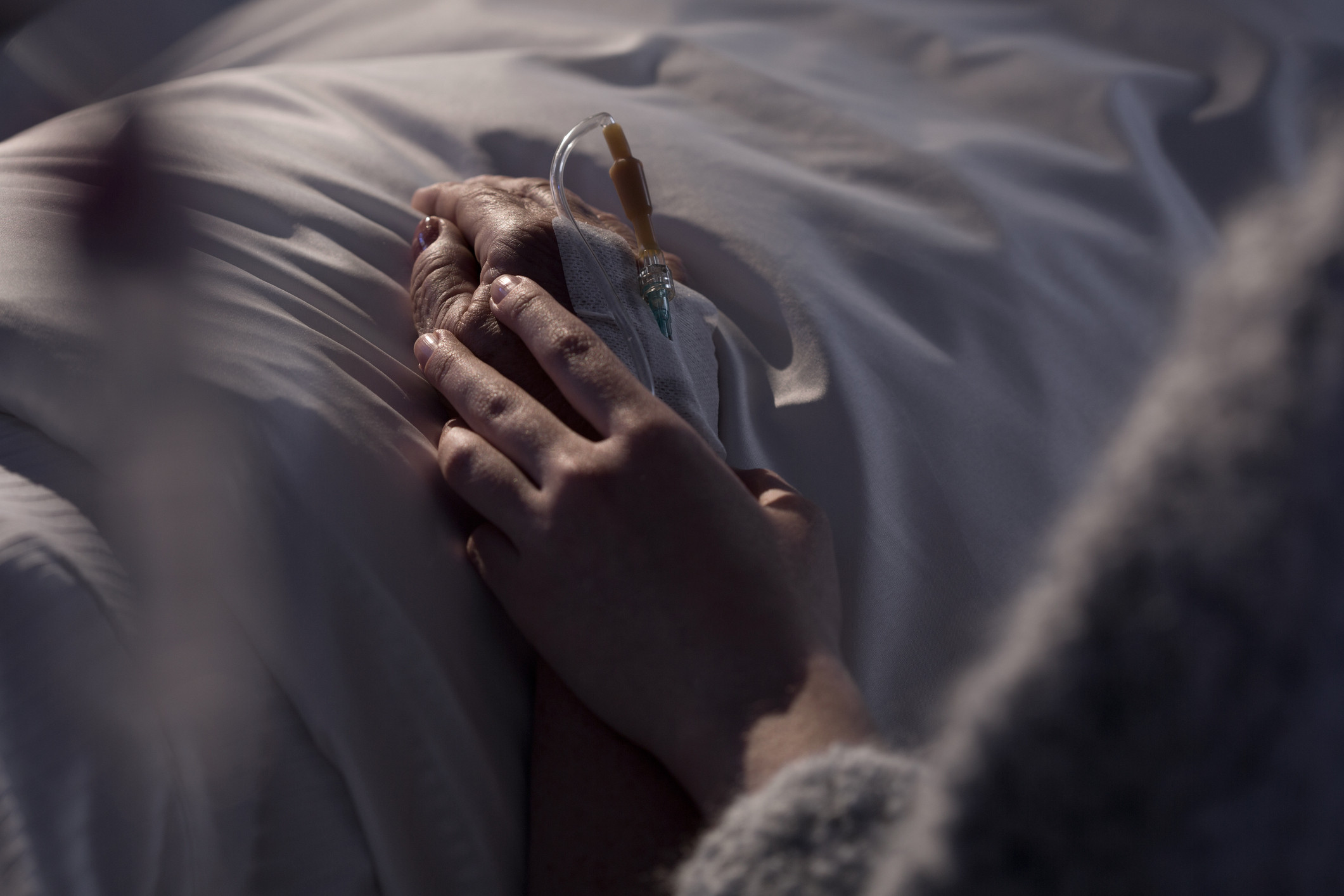
Avocado nutrition: Health benefits and easy recipes

Swimming lessons save lives: What parents should know

Preventing and treating iliotibial (IT) band syndrome: Tips for pain-free movement

Wildfires: How to cope when smoke affects air quality and health

What can magnesium do for you and how much do you need?

Dry socket: Preventing and treating a painful condition that can occur after tooth extraction

What happens during sleep �� and how to improve it

How is metastatic prostate cancer detected and treated in men over 70?

Could biofeedback help your migraines?

What is autism spectrum disorder?
Caregiving Archive
Articles
How to cope when a loved one is depressed, suicidal, or manic
The pandemic has caused a surge in depression. If someone you care about is struggling with depression or bipolar disorder, or you have reason to think the person may be suicidal, there are ways you can help �� and caring for yourself is important, too.
Helping people with autism spectrum disorder manage masks and COVID-19 tests
The COVID-19 pandemic has presented many new challenges for people with autism spectrum disorder. Adapting to wearing face masks and the experience of a COVID-19 test are particularly challenging, but there are strategies that can help these individuals meet the challenges.
The role of our minds in the avoidance of falls
In older people, the majority of falls occur when someone is standing or walking while also performing a separate cognitive or motor task. These tasks require more cognitive effort as we age, but focus and awareness can prevent falls from happening.
What’s the best way to manage agitation related to dementia?
When people with dementia start exhibiting agitated behaviors, doctors often prescribe medications, but these have risks of serious side effects. A new study found that nondrug interventions were more effective than medications in reducing agitation.
Leaving time for last words
When a person needs to be intubated to help them breathe, they are unable to speak, and if something happens it’s possible for someone to die without a chance to have a final conversation with their loved ones. But it’s possible for doctors to adjust intubation protocol to allow for such a conversation.

Avocado nutrition: Health benefits and easy recipes

Swimming lessons save lives: What parents should know

Preventing and treating iliotibial (IT) band syndrome: Tips for pain-free movement

Wildfires: How to cope when smoke affects air quality and health

What can magnesium do for you and how much do you need?

Dry socket: Preventing and treating a painful condition that can occur after tooth extraction

What happens during sleep �� and how to improve it

How is metastatic prostate cancer detected and treated in men over 70?

Could biofeedback help your migraines?

What is autism spectrum disorder?
Free Healthbeat Signup
Get the latest in health news delivered to your inbox!
Sign Up











